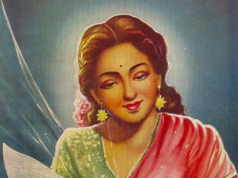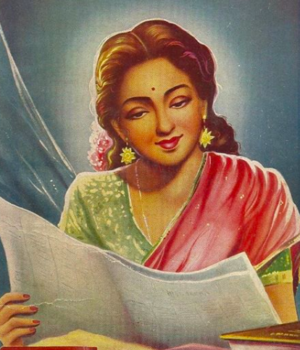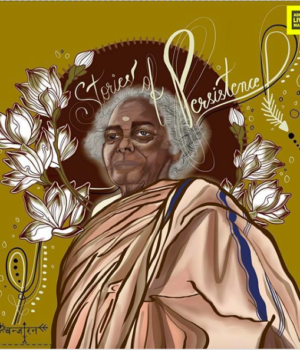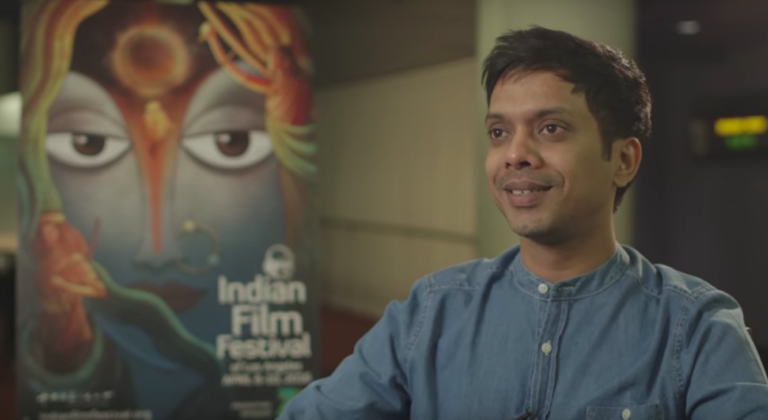
Can a chemical engineer really switch career paths to become a filmmaker? Nishant Roy Bombarde proves the question is quite a silly one. When his first chosen profession just wasn’t cutting it, he turned to his first love, filmmaking instead and subsequently won two National Awards for his debut short film ‘Daaravtha’!
Bombarde also worked with Zee TV as an executive producer, and Zee Studios on films such as Sairaat, Fandry, Killa and others. Given his unorthodox foray into the world of Indian films, we thought that there would be no better person to share advice to aspiring Indian filmmakers. This is what he has to say about the ABC’s of filmmaking today:
What should a writer keep in mind while writing a script?
An artist should write in his/her local language. The ethos of our country, our nation, our region, our people, our society, our gender, our sexuality, maybe our caste or our class – the writing should reflect that.
The best part of cinema or any other art is that it is a mirror to society. Yes, it could be escapism, which mainstream cinema does very well, but if you are trying to be an artist, if you are trying to do something different, then you need to hold that mirror to society.
How will you do that? By making your characters believable. For instance, if one of your characters is a maid and she talks in polished Hindi, how do I believe that it is her?
The media is dominated by people who have come from a privileged background, economically or caste/class-wise. They only try to tell stories that matter to them, and it never goes beyond that. I want people to break the mold. Go beyond it. Tell stories that matter to society.
So, are you saying that filmmakers themselves usually belong to a certain class?
More or less. See, now there is a Nagraj Manjule who is making films. In the past 60 years, there have been stories about caste, but it has been seen from a certain lens. It is always the ‘Us versus Other’ lens.
Or, if I am a man making a film about a woman, how much can I get into her psyche? There is a limit to it, right? But we need to attempt to break the privilege. And that could be any privilege.
You started off with an engineering background and then switched streams. How difficult was it to make this switch to making films?
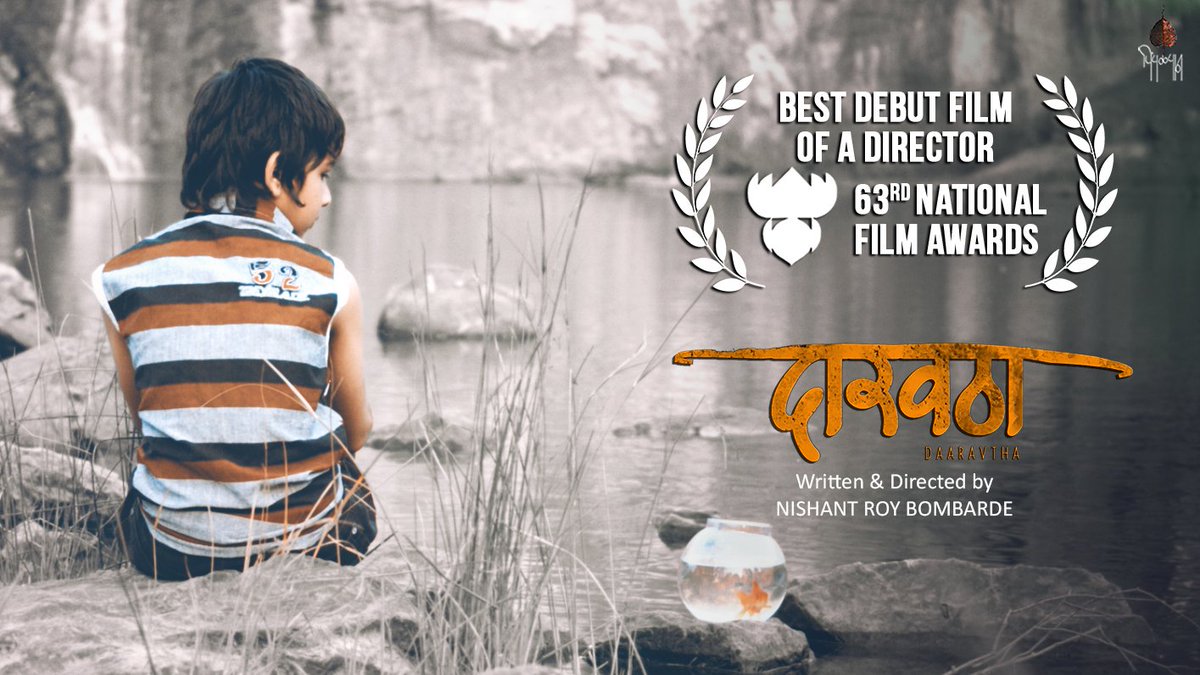
It was extremely difficult.
One reason is the insecurity. The pressure of security is very high in a society like ours. And if your chosen profession is a doctor or engineer, chances are you will land a well paying job, but when it comes to filmmaking, there’s no guarantee of that.
Secondly, I was getting into a medium I didn’t know anything about. When I told my mom about it, she asked, “Oh, so you’re going to take a camera and run behind people?” as that was what she thought Mass Communication graduates do.
Also, there are a lot of prejudices regarding film and entertainment in our society. But if there is something in you that is trying to break free, you have to break away. All your insecurities should be overtaken by passion.
There are a lot of youngsters who are passionate about filmmaking but don’t have the means or knowledge on how to go about it. What would be your advice?
It is very easy to learn about films today. What you need to learn is aesthetics, and that can only be learnt through watching films. Imbibe, emulate and do.
Read. There are so many books on cinema. Go to a library and get it photocopied.
Online, there are so many videos you can watch. For instance, there is one by Adam Skelter called ‘Anatomy of Chaos’. It’s about aesthetic and is so profound. Then, there’s Sareesh Sudhakaran who explains technical bits well. Also watch Channel Crisswell.
What are the funding options for a newbie filmmaker? How difficult or easy is it to get a producer for a first timer?
It is easy and difficult.
Look at Marathi cinema or recent great films like Court, Fandry and Killa which were all made by newcomers. Someone took a chance on them.
You will have to keep working and making your own stuff. And then try to pitch, go to producers For somebody to take you seriously, you must first take yourself seriously. Believe in your craft, make your short film.
To get noticed as a new filmmaker, do you think festivals are the right way to go?
Yes, if you are making that kind of film. There is a festival film and there is a mainstream film.
You need to choose your journey. If you want to make festival films, you first need to start going to a lot of festivals. Try to understand what they are doing.
What’s a to-do list for an aspiring filmmaker?
Get a good production guy. They will ensure that the budget stays under control and doesn’t give you any pain on set.
Get a good cast. A lot of student films cast their friends and force them to play the character.
Whatever is the way the filmmaker visualises the film is important. Some like to storyboard, some like to make copious notes on the script and some take reference pictures. Each filmmaker has his own way. Filmmaking is an art of collaboration. The director’s vision must be clearly shared with his or her crew. It is very important.
Sound advice from a young voice of the Indian film industry. More power to filmmakers who want to break away from the mainstream.
Written by Samah Mariam
Feature Image Credit: Indian Film Festival Of Los Angeles

